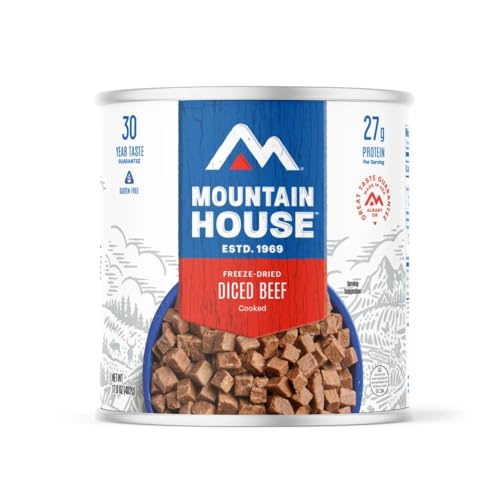I am having anxiety about my recent decision to install a propane tank in my box truck. I heat my truck with the cubic mini, and am trying to figure out if i am at risk of being blown up if i choose to use a 20lbs propane tank in the same truck to fuel my cooktop and tankless water heater. I am planning on building a sealed box and venting it out the bottom, as well as install a LP sensor near the tank and have a fire extinguisher near by. That being said, an extinguisher won't save me from a gigantic ball of fire in my face. Any advice would be greatly appreciated, and if anybody with a wood stove in their conversion could tell me how they cook/get hot water that'd be great. Did installing this wood stove condemn my use of propane, or is this decision one involving weighing personal risk and is somewhat safe. If other people do it, i have no problem with it because I'm confident in my venting/seal/rotten egg smelling abilities, however life is too short to be incinerated. Feel me, thanks all.
Best,
Ben
Best,
Ben
































































